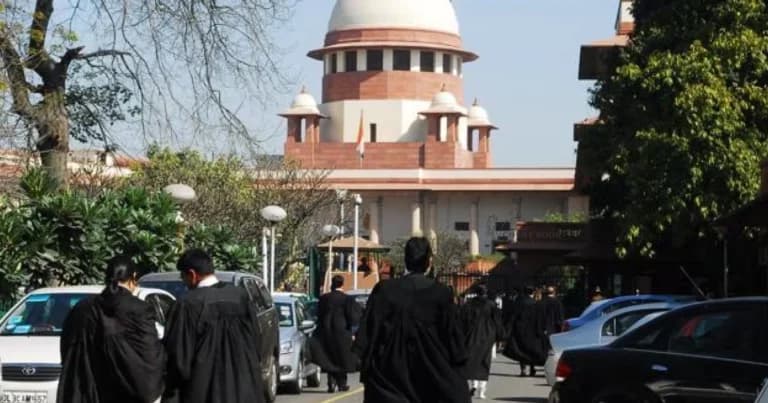On January 4, 2024, the Supreme Court of India ruled that appeals filed by accused persons or victims under the National Investigation Agency (NIA) Act, 2008 cannot be dismissed solely on the ground that the delay in filing exceeds 90 days. This landmark decision provides relief to individuals challenging orders under the NIA Act.
The bench comprising Chief Justice of India (CJI) Sanjiv Khanna, Justice Sanjay Kumar, and Justice KV Viswanathan was hearing multiple petitions challenging Section 21(5) of the NIA Act, 2008.
The court dictated its order, stating:
"The appeals preferred by the accused or the victims will not be dismissed on the ground that the delay cannot be condoned beyond 90 days."
Read Also:- Supreme Court: Laws Protecting Women from Dowry Harassment Should Not Be Misused
Furthermore, the Supreme Court directed all involved parties to submit written submissions not exceeding three pages before the next hearing.
Understanding Section 21(5) of the NIA Act, 2008
Section 21(5) of the NIA Act states:
- Appeals must be filed within 30 days from the date of the judgment, sentence, or order.
- The High Court has the discretion to allow appeals beyond 30 days if there is a valid reason for the delay.
- However, no appeal shall be entertained after 90 days from the date of the judgment, sentence, or order.
Read Also:- Can Citizens Access Election Records? Supreme Court Reviews Rule Change Amid Transparency Concerns
This section imposes a strict time limit on filing appeals, making it difficult for accused individuals or victims to seek justice if they miss the 90-day deadline.
The Supreme Court’s decision was made while hearing a connected batch of cases that also included a challenge to the Unlawful Activities (Prevention) Amendment (UAPA) Act, 2019. The ruling ensures that fair access to justice is not denied based on procedural delays.
Wider Access to Justice: The decision prevents unfair dismissal of appeals due to procedural delays.
Judicial Discretion Restored: High Courts will have greater flexibility in condoning delays beyond 90 days.
Impact on UAPA Cases: Since the ruling was issued in a batch of petitions concerning both NIA Act and UAPA Amendment Act, it may have broader implications for cases under the UAPA law as well.
Case Details: SANJAL AWASTHI Versus UNION OF INDIA W.P.(C) No. 1076/20















